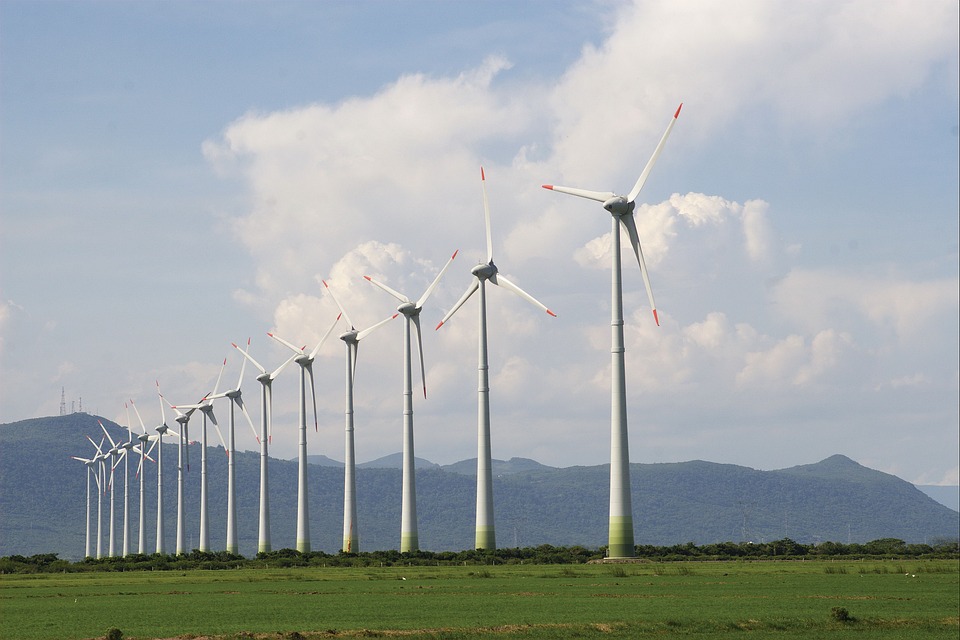The Spark of Expertise: Top Universities in Power Engineering for a Competitive Edge
In today’s fast-paced world, the demand for power engineers is on the rise. As the world’s energy needs continue to grow, the demand for professionals who can design, develop, and maintain complex energy systems is becoming increasingly high. A degree in power engineering can be a great way to secure a promising career in this field, but it’s essential to choose the right university to ensure a strong foundation for a successful career. Here, we’ll explore the top universities in power engineering and what sets them apart.
Top Universities in Power Engineering: A Closer Look
1. Stanford University – USA
Ranked as one of the top universities globally, Stanford University’s Department of Electrical Engineering offers a strong program in power engineering, with a focus on both fundamental principles and practical applications. Students benefit from access to cutting-edge research facilities and collaborations with leading industry partners.
Unique Aspects:
- • Research opportunities in cutting-edge fields like smart grids, renewable energy, and energy storage.
- • Collaborations with top research institutions and industry partners.
2. Massachusetts Institute of Technology (MIT) – USA
MIT’s Department of Electrical Engineering and Computer Science offers a comprehensive program in power engineering, emphasizing both theoretical and practical aspects of the field. Students benefit from access to state-of-the-art research facilities and a strong network of industry connections.
Unique Aspects:
- • Research opportunities in fields like power electronics, power quality, and energy systems.
- • Close ties with industry leaders and opportunities for internships and mentorship.
3. University of California, Berkeley – USA
The Department of Electrical and Computer Engineering at UC Berkeley offers a strong program in power engineering, with a focus on both theoretical and practical aspects of the field. Students benefit from access to cutting-edge research facilities, state-of-the-art labs, and a strong network of industry connections.
Unique Aspects:
- • Research opportunities in fields like smart grids, renewable energy, and energy storage.
- • Collaborations with top research institutions and industry partners.
4. École Polytechnique Fédérale de Lausanne (EPFL) – Switzerland
EPFL’s Department of Electrical Engineering offers a strong program in power engineering, with a focus on both fundamental principles and practical applications. Students benefit from access to cutting-edge research facilities and a strong network of industry connections.
Unique Aspects:
- • Research opportunities in fields like power systems, electrical machines, and power electronics.
- • Collaborations with industry partners and opportunities for internships and mentorship.
What Sets These Universities Apart?
These top universities in power engineering excel in several key areas, including research, industry connections, and faculty expertise. The following factors contribute to their success:
Research Opportunities:
- • State-of-the-art research facilities, including labs and computational resources.
- • Collaborations with leading research institutions and industry partners.
Industry Connections:
- • Ties with top industry leaders and opportunities for internships and mentorship.
- • Collaborations with leading companies, ensuring students are prepared for the workforce.
Faculty Expertise:
- • World-class faculty with expertise in various areas of power engineering.
- • Opportunities to work with experienced professionals in the field.
Consolidating a Competitive Edge
In a competitive job market, having the right degree from a top university can make all the difference. By choosing one of these top universities in power engineering, students can gain the skills, knowledge, and expertise needed to succeed in this field.
FAQs
Q: What are the advantages of studying power engineering?
A: A degree in power engineering can lead to a wide range of career opportunities in the energy and utilities sector, providing a competitive edge in the job market.
Q: What skills do I need to succeed in power engineering?
A: A strong foundation in mathematics, physics, and electrical engineering is essential, along with problem-solving skills, attention to detail, and the ability to work well in teams.
Q: How do I choose the right program for me?
A: Consider factors such as research opportunities, industry connections, and faculty expertise when selecting a program. Look for a balance between theoretical and practical aspects of the field and opportunities for hands-on experience.
Q: Can I work abroad after graduating?
A: Yes, many top universities in power engineering have partnerships with industry partners globally, providing opportunities for international internships, research collaborations, and job placements. A degree from a top university can open doors to global career opportunities.
Conclusion:
In conclusion, a degree in power engineering from one of these top universities can provide a competitive edge in the job market. With a strong foundation, research opportunities, and industry connections, graduates are well-prepared for a successful career. By considering the unique aspects of each program, students can make an informed decision and secure a spot in the top tier of power engineers.


_2.png?w=150&resize=150,150&ssl=1)
_1.png?w=150&resize=150,150&ssl=1)

_1.png?w=150&resize=150,150&ssl=1)
_1.png?w=150&resize=150,150&ssl=1)
